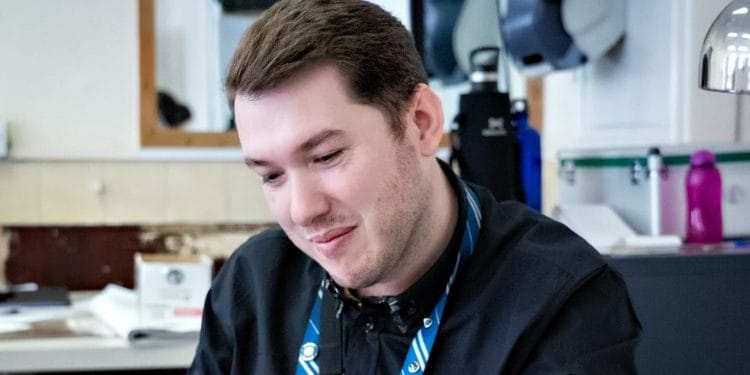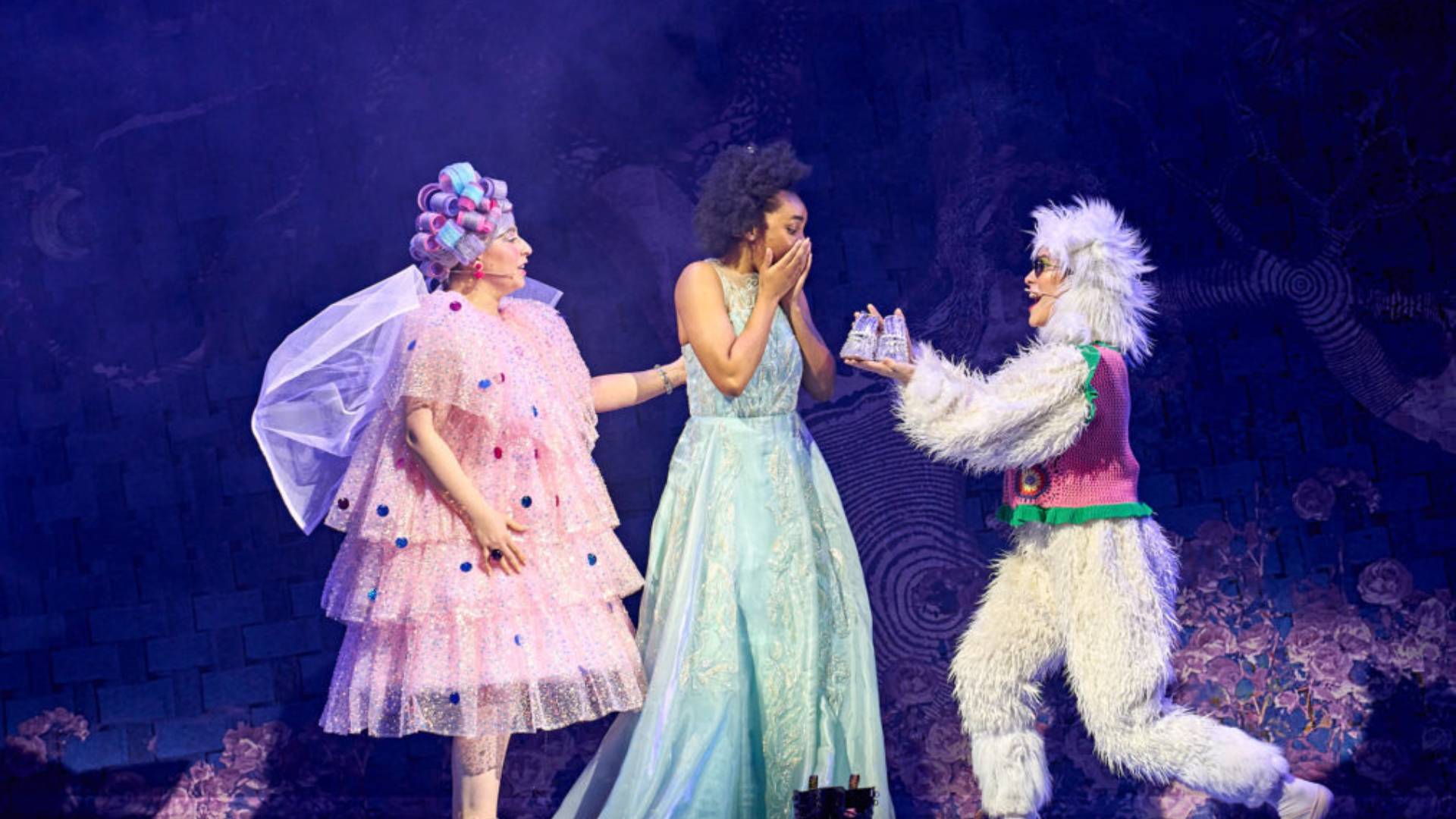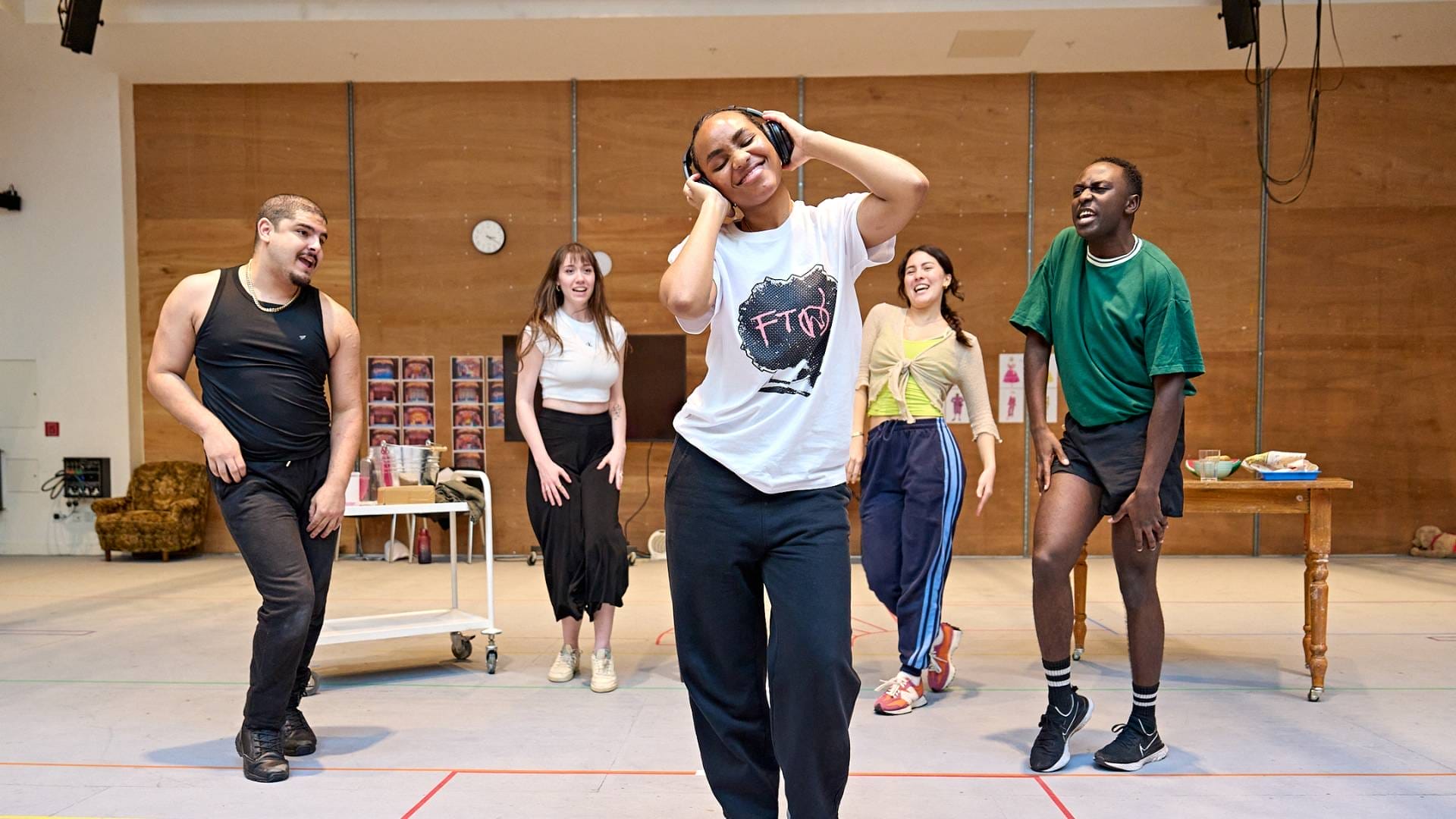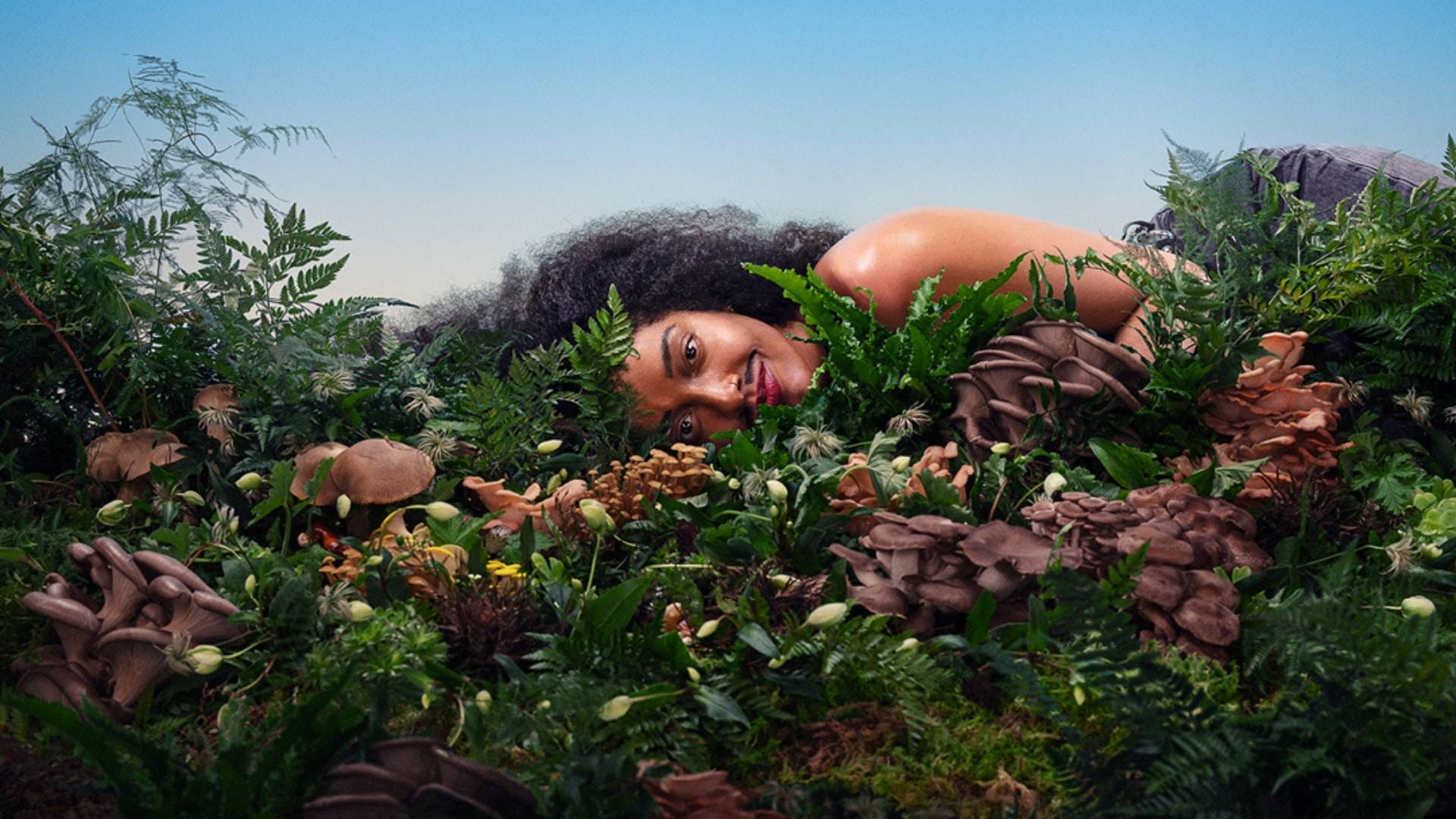John R. Wilkinson will direct Mugabe, My Dad & Me by Tonderai Munyevu, performed by Munyevu and Millicent Chapanda.
Interspersing his dialogue with the audience are Robert Mugabe’s speeches: ranging from the 1980s figure in a Savile Row suit to the bitter and derisive missives from the 1990s, up until 2017 when Mugabe was ousted by a political coup.
The production runs at York Theatre Royal 9 – 18 September, ahead of a UK tour in 2022. Tickets are on sale here.
You’re directing Mugabe, My Dad and Me, what can you tell us about it?
This is Tonderai’s story. It is surprising autobiographical theatre with the slightest tinge of fantasy at the edge of it. Using the establishment of the Republic of Zimbabwe as a lens, and the political figurehead who drove it, Tonderai can reflect on and process his relationship with his father, deceased at the time of writing.
I am used to working on extant plays so, bizarrely given that I did a degree in Dramaturgy, this is the first time I have taken a play from draft #1 to publication and performance. Having been on hiatus for 18 months, it’s great to be bringing it to live audiences. During lockdown we were able to do an audio version of the play but even now we’re discovering new things about it.
What was it about Tonderai Munyevo’s script that excited you the most?
Tonderai, plain and simple. We hit it off from the outset of the process and it was easy to feel the energy and truth in his words. I think, owing to his background as an actor, he was keen to hone the play painstakingly and with enormous grace.
He and I developed several drafts with English Touring Theatre’s Literary Associate Jenny Bakst, during which she and I were keen to impress upon him his uniqueness and generosity as a collaborator. He makes his work so malleable and is willing to soak up advice like a sponge before actioning everything in his own way. Such a priceless skillset!
What’s been the biggest challenge for you as a director with this piece?
Not necessarily a challenge, but I think the biggest responsibility is to honour any new play. By which I mean be honourable. The flex in new work solely belongs to the writer. You owe it them to air the play out in (I’m trying to think of the right word) a simple, or minimal, way. One that showcases its possibilities as a canvas to be preserved before any potential repainting. It should never be about glossing it with artifice. It should never be about the director of any play, but this is particularly true of new work.
How do you think audiences will react to it?
With understanding, love, compassion, and maybe joy. We have made this show in the belief that, as inclusive artists, we mustn’t forget one of our most powerful tools: the capacity and deployment of empathy. It is vital in the forging of stories, whether that be telling or receiving them.
Also, there is no getting away from a desire to educate people about a nuanced Zimbabwe. Similarly, Mugabe was not always despotic, as the modern narrative has settled on.
Tell us about the cast and what you’ve enjoyed about working with them?
There is only a very small team of us on this show: Tonderai and Millicent Chapanda (a Gwenyambira – mbira player). But within the cast and our tiny creative team we have representation from disability and LGTBQ+ communities, Zimbabwe, British Zimbabwe, the Caribbean, Denmark, and England. There is such warmth between us all. Everyone’s chipped in with ideas. I’m very lucky to take this journey with them.
What would you say to anyone thinking of coming to see Mugabe, My Dad and Me?
Come with open minds and hearts. Enjoy the show. Listen to the mbira – Zimbabwe’s national instrument which features in the show. Really listen. It’s gentle and haunting. And please stop asking black-and-brown people “Where do you come from?”

















